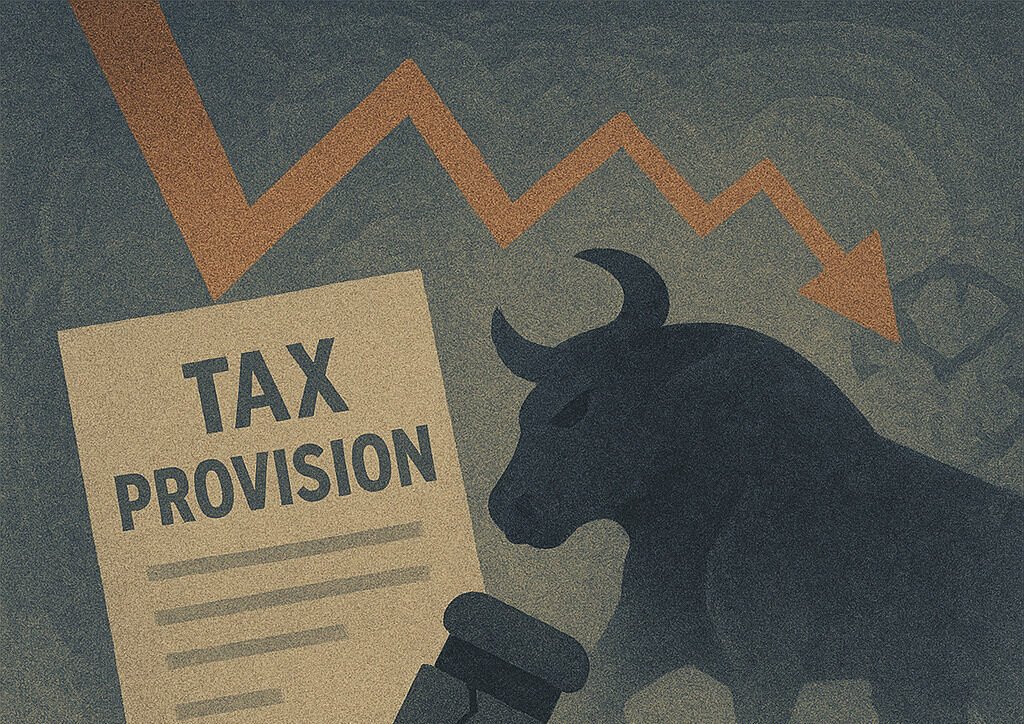Wall Street analysts have raised concerns over a new tax provision proposed by the U.S. government, warning that it could further erode confidence in American assets. The sentiment follows months of volatility spurred by the lingering effects of former President Donald Trump’s aggressive trade policies.
Financial experts suggest that the proposed measure, which includes changes in cross-border taxation affecting multinational corporations, may accelerate capital outflows and discourage foreign investment. Already cautious global investors may interpret the move as a signal of unpredictable policy directions.

Investors Cite Policy Instability as a Key Risk
The consensus on Wall Street is that recent policy signals out of Washington, including the tax changes, create additional hurdles for restoring confidence in U.S. financial instruments. “Markets dislike uncertainty, and layering a fresh tax revision onto unresolved trade policy aftershocks is a potent mix,” said one senior economist.
The tax provision is expected to increase the effective tax burden on American multinationals, particularly those with substantial foreign operations. Analysts worry that such a measure may lead companies to repatriate less profit and slow down foreign expansions, potentially hitting earnings and reducing equity valuations.
Market Reaction and Long-Term Implications
Initial market reactions have been tepid, with indices reflecting cautious investor behavior. While some sectors may benefit from increased domestic tax revenues or reshoring incentives, others—especially tech and manufacturing with global supply chains—could see a dip in investor sentiment.
Bond yields have also shown minor fluctuations, with traders factoring in the possibility of increased fiscal tightening. Foreign direct investment (FDI) forecasts are being revised downward by multiple firms, citing regulatory unpredictability.
The broader concern remains that a combination of tax rigidity and protectionist overhang could damage the U.S.’s standing as a global investment hub. Policymakers have yet to offer clear reassurances, and market participants are watching closely for updates.
About the Author – Anirudh Mittal is a B.Sc. LL.B. (Hons.) student at National Forensic Sciences University, Gandhinagar, with a keen interest in corporate law and tech-driven legal change.

